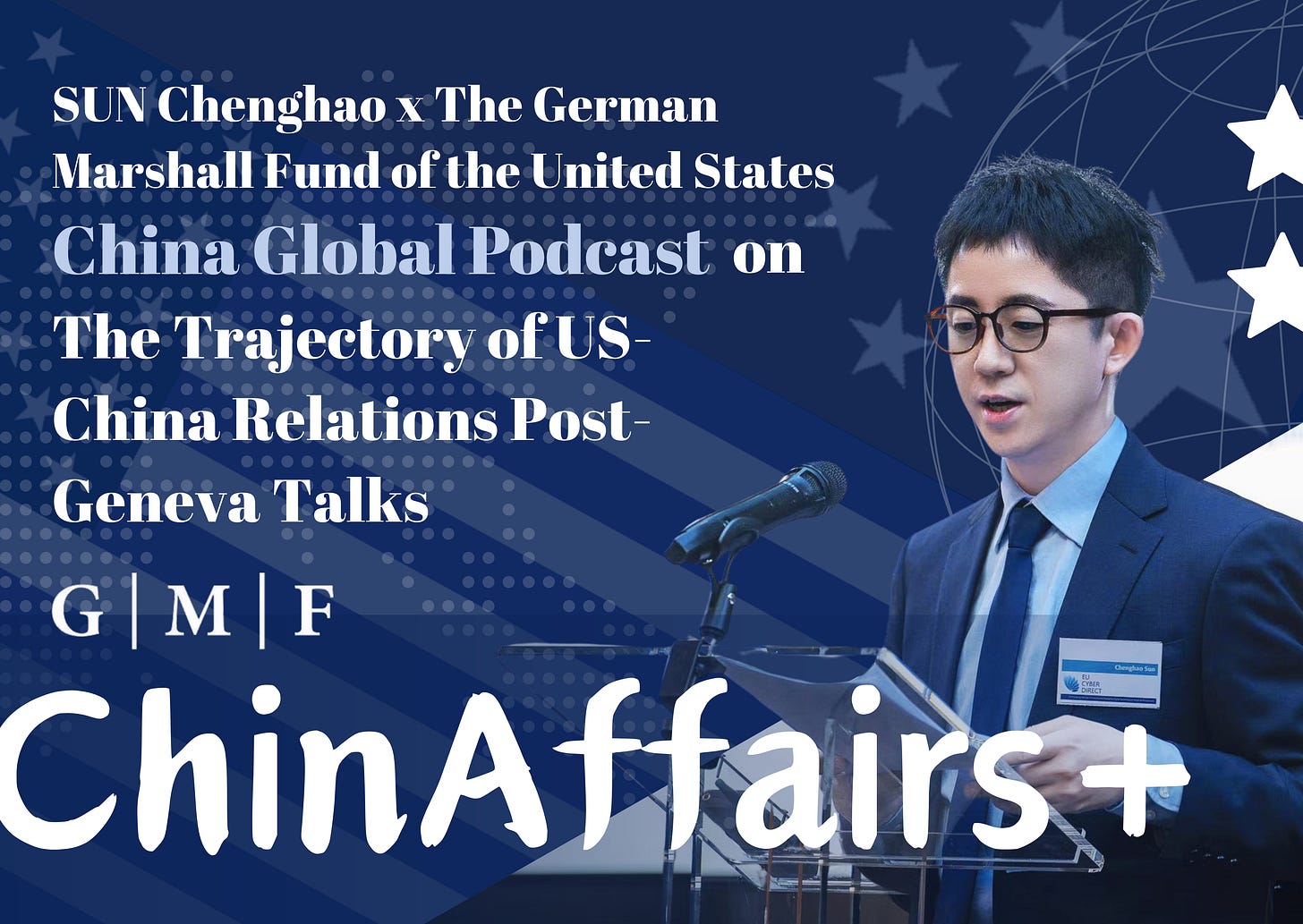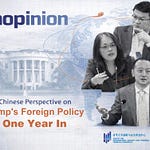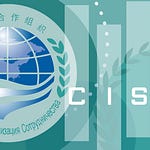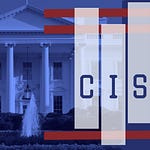This podcast is produced by the German Marshall Fund of the United States (GMF):
GMF was founded as an independent American foundation in 1972 by Guido Goldman (November 4, 1937 – November 30, 2020) with a gift from Germany in appreciation for aid received through the Marshall Plan after World War II. As defined by the charter, GMF is governed by a board comprised of Americans. GMF’s mission is to shape a transatlantic partnership fit for the 21st century. As a transatlantic and nonpartisan organization, GMF delivers cutting-edge analysis, develops bold policy ideas, and convenes creative leaders to help governments, businesses, and civil society on both sides of the Atlantic respond to current challenges, and anticipate future ones, while unlocking new opportunities for cooperation.
The original Podcast can be accessed: https://www.gmfus.org/news/trajectory-us-china-relations-post-geneva-talks
Experts engaged in today’s dialogue:
The United States and China reached a 90-day truce in the trade war when their representatives met in Geneva in early May. Both sides agreed to temporarily roll back tariffs and non-tariff trade barriers. President Trump announced that a “total reset” in US-China relations had been achieved. Beyond the hyperbole, the two sides agreed to establish a mechanism on economics and trade and launch negotiations to address trade imbalances and other problems. Whether a deal is reached, what it might look like, and what it might include, remains to be seen. The future trajectory of US-China relations, overall, is still unclear.
This episode highlights a Chinese perspective on the US-China bilateral relationship, including on the recent trade talks and the factors that will influence US-China relations going forward. Sun Chenghao, a fellow and head of the U.S.-Europe program at Tsinghua University’s Center for International Security and Strategy (CISS), and council member of the Chinese Association of American Studies joins host Bonnie Glaser for this episode.
Key Points of Today’s Podcast:
Regarding how China perceives Trump’s intentions and motivations toward China, Professor Sun Chenghao points out that there are currently three main viewpoints: economic and trade game, systemic competition, and long-term containment. While some see Trump as a transactional actor focused on negotiating leverage, others caution that tariffs could become a long-term strategic tool to structurally constrain China’s rise.
On the recent Geneva trade talks, Sun notes that both sides claimed success, and the global market responded positively. However, fundamental tensions still remain, particularly in high-tech sectors like semiconductors, 5G, and AI, where U.S. controls are tightening. A notable outcome was the creation of a regular China-U.S. economic dialogue mechanism, which may help build trust and reduce misunderstandings if properly utilized.
Regarding future prospects, Sun suggests limited, pragmatic outcomes are most likely: the U.S. may lower some tariffs and encourage Chinese investment in certain areas, while China increases its purchases of U.S. agricultural and energy products. While this may ease near-term economic strain, the longer-term goal should be a sustainable tariff adjustment framework and a standing consultative body.
On Trump’s use of the word “unification” post-Geneva, Sun notes concerns in Taiwan but points out that U.S. officials later clarified it referred to U.S.-China economic integration, not cross-strait relations. The term likely aimed to attract media attention and gauge regional responses. Sun emphasizes the need for cautious rhetoric of the Trump administration to prevent misperceptions and heightened tensions.
Sun also stresses the importance of diverse communication channels in managing U.S.-China ties. He notes past successes in areas like climate change and AI governance, and advocates expanding dialogue beyond trade to include subnational actors.
Finally, on whether China sees the U.S. in decline, Sun argues that China does not frame its strategy around U.S. decline or surpassing it. While America’s traditional pillars of power—alliances, finance, military, and tech—are shifting, it still leads in many areas. Additionally, any “decline” is relative and internal. China’s goal is not to replace the U.S., but to pursue its own development. If it eventually surpasses the U.S., it would be the result of natural progression rather than a strategic ambition.
Looking ahead, Sun foresees a “competitive coexistence”—not a Cold War-style decoupling, nor a return to full globalization, but a state of sustained competition under structural interdependence. As economic ties persist but mutual benefits shrink, competition could increasingly spill over into political and cultural realms.


















